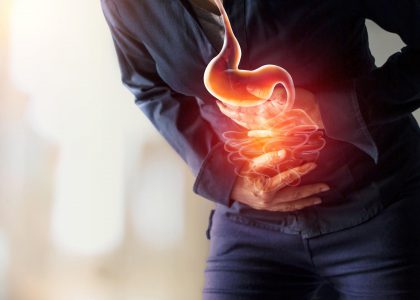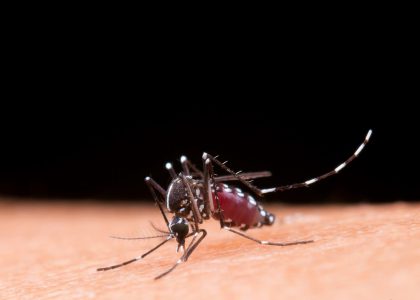Eating disorders are severe mental illnesses that can have terrible effects on both physical and emotional well-being. An unhealthy obsession with food, weight, or body type defines them. All ages, genders, and races are susceptible to eating disorders, but teenagers and young adults are the most frequently affected.
There are numerous varieties of eating disorders, but the following six are the most prevalent:
- anorexia nervosa: A skewed body image and a severe dread of gaining weight are characteristics of anorexics. They might severely limit their dietary intake, engage in extreme activity, or both. Malnutrition, cardiac issues, and organ failure are just a few of the significant health issues that anorexia can cause.
- Bulimia nervosa: Bulimics overeat and then expel their excess food by vomiting, strenuous exercise, or laxatives. Dehydration, electrolyte imbalances, esophageal and dental damage, as well as dehydration, are additional major health issues that can result from binge eating.
- Binge eating disorder: Those who suffer from this condition eat excessive amounts of food in one sitting without purging. Weight gain, obesity, and other health issues like type 2 diabetes, heart disease, and stroke can all result from binge eating disorders.
- Pica: Pica is a condition in which patients consume non-food objects like paint chips, dirt, or clay. Pica can result in mortality, lead poisoning, and other health issues.
- Rumination disorder: Sufferers of this condition chew their meal again but do not swallow it. This condition may result in malnutrition and other health issues.
- Avoidant/restrictive food intake disorder (ARFID): People with ARFID have a restricted diet because they lack a desire for eating, have sensory issues, or are afraid of choking. Malnutrition and other health issues might result from ARFID.
Eating disorders symptoms
Depending on the type of disorder, eating disorder symptoms can change. However, a few widespread signs include:
- Dramatic weight gain or reduction
- Obsession with food, weight, or body image
- Restricting calorie intake or binge eating
- Purging behaviours, such as vomiting, strenuous exercise, or the use of laxatives
- Cold intolerance
- Social isolation
- Mood swings
- Fatigue
- Difficulty sleeping
- Constipation
- Dry skin and hair
- Brittle nails
It’s crucial to get professional assistance if you think you or someone you know could have an eating disorder. Even while eating disorders are serious problems, they can be treated if caught early enough.
Following are some suggestions for avoiding eating disorders:
- Foster a strong sense of self-worth and a healthy body image. * Inform kids about good diet and exercise practices.
- Establish a loving home environment.
- Recognise the symptoms and indicators of eating problems.
If you are worried about your or someone else’s eating habits, get expert assistance. Although they are treatable, eating disorders can be devastating. Please seek assistance if you are dealing with an eating disorder. The prospect of recovery exists.














